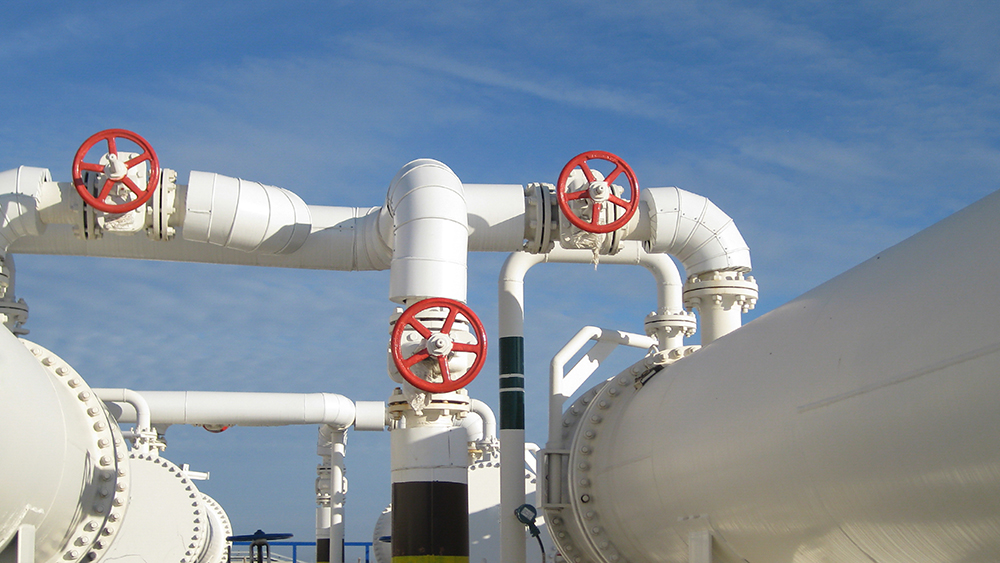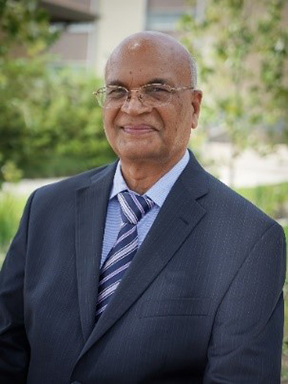
An accurate knowledge of the initial state of a petroleum reservoir is crucial to optimize its development and production plans. Such knowledge relies on correct descriptions of the spatial distribution of the fluid (hydrocarbon) components in the reservoirs. Dr. Keshawa Shukla addresses these issues in a chapter he wrote for the book “Exploration of Unconventional Oil and Gas Resources, Hydraulic Fracturing and Other Recovery and Assessment Techniques.”

Shukla’s book chapter, “Thermodynamics of Thermal Diffusion Factors in Hydrocarbon Mixtures,” deals with one of the key aspects of hydrocarbon production from the oil and gas reservoirs, known as the thermal diffusion process. This process plays an important role in separating isotopic mixtures and isobaric mixtures, analyzing hydrodynamic instability in mixtures, and studying the compositional variation and segregation in hydrocarbon reservoirs for the oil and gas productions.
Shukla, a professor of practice in subsea engineering at Texas A&M University, has over 35 years of professional experience in management, engineering, teaching, research and development around the globe in the areas of subsea field development and operations.